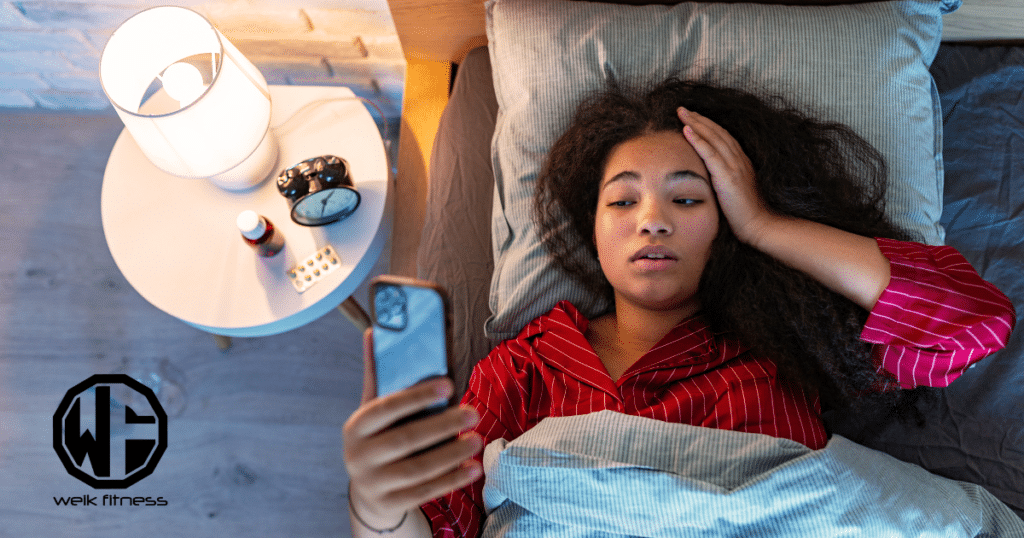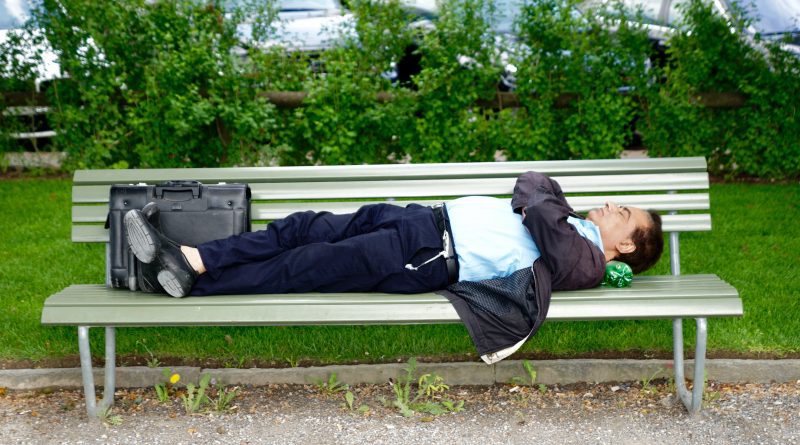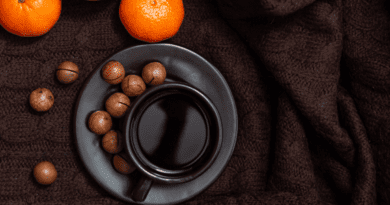Want Better Sleep? Avoid Consuming These Things at Night
Are you tossing and turning at night, waking up feeling like you barely slept? You’re not just tired, you’re looking for answers to get better sleep.
Often, the culprit behind a restless night is closer than you think, it could be what you consumed just hours before bed. A lack of quality sleep doesn’t just make you groggy; it can negatively impact your life by impairing decision-making and coping skills.
Making good sleep a priority is one of the best things you can do for your health. While you can control common external factors like lights and noise, your late-night nutrition plays a massive role.
This guide will break down the specific foods and drinks to avoid, giving you the knowledge to finally get the restorative sleep you need.
Disclaimer: This article is for informational purposes only and is not meant to treat or diagnose any condition. It is recommended that you speak with your doctor before starting any exercise program, changing your daily nutrition, or adding any supplements to your regimen.
Table of contents
Key Takeaways
- Finish large meals at least three hours before bed to allow for proper digestion and prevent sleep disruptions caused by increased body temperature and discomfort.
- Avoid all forms of caffeine for at least six to eight hours before you plan to sleep, as its stimulating effects can linger and significantly reduce sleep quality.
- While alcohol may make you feel drowsy initially, it fragments sleep in the second half of the night and suppresses restorative REM sleep, leading to a less restful night.
- Limit large volumes of any liquid, including protein shakes, within two hours of bedtime to prevent waking up for bathroom breaks.

Want Better Sleep at Night? Stop Eating and Drinking These Things Before Bed…
As a certified sports nutritionist, I’ve seen firsthand how tweaking evening nutrition can dramatically improve recovery and performance. Better sleep is within your reach once you learn what to avoid before your head hits the pillow.
1. Large Meals
Eating a large, heavy meal too close to bedtime is one of the most common sleep saboteurs. When your body is forced to focus on digestion, it can’t fully relax into a restorative sleep state.
Related Article: 6 Nighttime Weight Loss Hacks to Start Doing Tonight
Digesting a big meal, especially one high in fat or protein, raises your core body temperature. This is the opposite of what your body needs for sleep, as a slight drop in temperature signals your brain that it’s time to rest. The result is often restlessness, bloating, and discomfort that keeps you awake.
To avoid this, experts recommend finishing your last large meal at least three hours before you plan to go to sleep. This gives your digestive system ample time to do its job. If you’re hungry later, a small, light snack is okay.
On the other hand, going to bed starving can also disrupt sleep. If you’re on a diet, avoid extreme calorie cuts. A gradual reduction of 250-500 calories per day is more sustainable and less likely to cause hunger pangs that wake you up in the middle of the night.

2. Caffeine
This may seem obvious, but caffeine is a powerful stimulant that can linger in your system for hours, making it a primary enemy of good sleep. It’s found in more than just coffee and pre-workout supplements.
Many people don’t realize caffeine hides in other products, too. Be mindful of these sources:
- Sodas and energy drinks
- Black and green teas
- Chocolate and cocoa products
- Some pain relievers, like Excedrin
Caffeine works by blocking adenosine, a chemical in your brain that promotes sleepiness. The half-life of caffeine, or the time it takes your body to eliminate half of it, can range from 2 to 12 hours, with an average of 4 to 6 hours. Because of this, consuming it too late in the day can make it incredibly difficult to unwind and fall asleep.
A study in the Journal of Clinical Sleep Medicine found that consuming 400mg of caffeine, even six hours before bed, significantly disrupted sleep. Participants lost over an hour of sleep compared to the placebo group.
As a rule of thumb, I advise my clients to cut off all caffeine intake at least eight hours before their target bedtime. If you’re particularly sensitive, you may need to stop even earlier.
3. Alcohol
Many people use alcohol as a nightcap, believing it helps them fall asleep faster. While it does have sedative effects that can make you drowsy, the quality of sleep you get is severely compromised.

Alcohol significantly disrupts the second half of your sleep cycle. As your body metabolizes the alcohol, a rebound effect occurs, shifting you from deep sleep into lighter, more fragmented stages. This is why you might fall asleep easily but then wake up frequently after 2 or 3 a.m.
Most notably, alcohol suppresses rapid eye movement (REM) sleep, which is critical for memory consolidation, emotional processing, and feeling mentally restored. Even moderate amounts of alcohol can reduce total night REM sleep. This disruption is why you can sleep for eight hours after drinking and still wake up feeling exhausted and lethargic.
Using alcohol as a sleep aid is a slippery slope. Over time, you can build a tolerance, requiring more to achieve the same initial sedative effect, which can lead to dependency and abuse.
4. Liquid Meals
While a small, solid snack before bed can sometimes aid sleep, chugging a large liquid meal or protein shake can backfire. The main issue isn’t necessarily the liquid calories but the volume.
Drinking a large amount of any fluid before bed significantly increases the likelihood of waking up to use the bathroom, a condition known as nocturia. Sleep medicine specialists often recommend stopping all significant fluid intake about two hours before bedtime to prevent these interruptions.
If you’re an athlete needing a protein boost for overnight recovery, consider a small serving of a slow-digesting protein instead. A study in the Medicine and Science in Sports and Exercise from 2012 highlighted the benefits of pre-sleep protein for muscle repair. Options like cottage cheese or a small, thick casein protein pudding provide the necessary amino acids without the disruptive fluid volume.
FAQs for Better Sleep
What about spicy or acidic foods?
It’s best to avoid spicy and highly acidic foods close to bedtime. Spicy foods, like those containing chili peppers, can raise your body temperature, which may interfere with your body’s natural cooling process for sleep. Both spicy and acidic foods (like tomatoes) can also trigger heartburn and acid reflux, which often worsen when you lie down and can easily keep you awake.
Is it bad to drink water right before bed?
While staying hydrated is crucial, drinking a large amount of water right before bed can lead to multiple bathroom trips, disrupting your sleep. According to the Cleveland Clinic, it’s a good practice to reduce your fluid intake in the last two hours before you go to sleep. If you’re thirsty, small sips are fine, but avoid chugging a full glass.
Are there any foods that can help me sleep?
Yes, some foods contain nutrients that promote better sleep. Foods rich in tryptophan, magnesium, and melatonin are excellent choices. Tryptophan is an amino acid that helps produce serotonin and melatonin, the sleep hormone. Good options include:
- Tart Cherries: A natural source of melatonin.
- Nuts: Almonds and walnuts contain melatonin and magnesium, which aids muscle relaxation.
- Dairy: A glass of milk or some cottage cheese provides tryptophan.
- Kiwi: This fruit contains serotonin, a brain chemical that helps regulate your sleep cycle.
Pairing a small amount of lean protein with a complex carb, like peanut butter on whole-grain toast, can also help stabilize blood sugar for a restful night.


*Disclosure: This article may contain affiliate links or ads, which means we earn a small commission at no extra cost to you if you make a purchase through these links. These commissions help support the operation and maintenance of our website, allowing us to continue producing free valuable content. Your support is genuinely appreciated, whether you choose to use our links or not. Thank you for being a part of our community and enjoying our content.
PLEASE CONSIDER SHARING THIS ON YOUR SOCIAL MEDIA TO HELP OTHERS LEARN MORE ABOUT THIS TOPIC.





